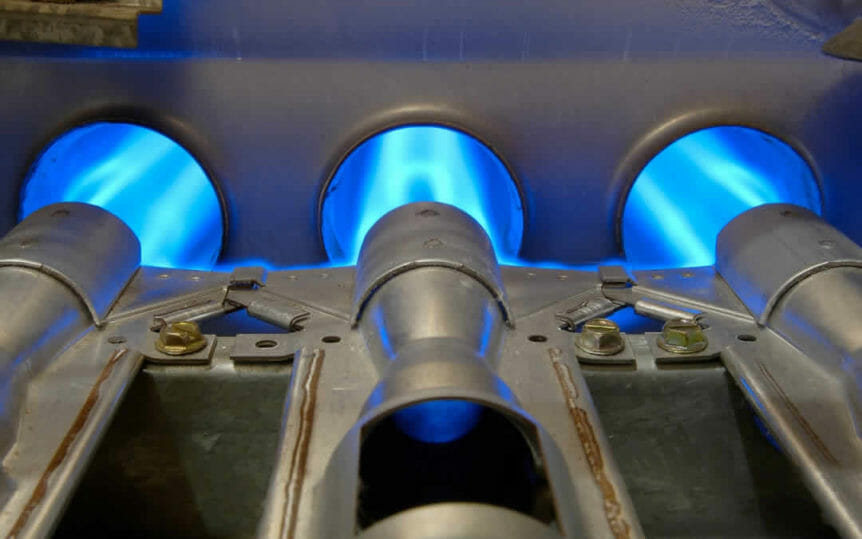
Which Type Of Heater Do You Have – Gas Or Electric?
When a cold front hits the first thing most of us do is walk over to the thermostat and adjust the temperature. And we do all this without giving the slightest thought to the powerful and sophisticated machine that is making this change in temperature possible. A heater is composed of many intricate parts working together to create warm air. But just like all other systems in our home, there are different types available, the two most popular being gas and electric.
So which type is in your home? While they are similar in the way that they distribute heated air throughout the home, they are extremely different in the way that the air is heated. Both have their pros and cons, but it is up to you to decide which type is the best fit for your household.
How does a gas furnace work?
A gas furnace is composed of four major parts: burners that deliver and burn fuel, heat exchangers, a blower, and a flue that acts as an exhaust for gaseous by-products. In order for all these parts to start working, you must first adjust the temperature on your thermostat. Once the desired temperature has been established, the furnace begins to generate heat by burning gas, which then travels through a heat exchanger. Air from the inside of your home is then blown across the heat exchanger to be warmed, and is then blown through your air ducts to be distributed to each room in your home.
“With gas, there is an open flame that is inside the heat exchanger,” said John Moore Services HVAC Sales Manager Troy Berry. “The flame’s main job is to heat the coils inside the furnace in order to warm the air. There is only an open flame in a gas furnace, electric furnaces do not have one.”
How does an electric furnace work?
When the thermostat is activated, it sends an electric signal to relays inside the furnace. Those relays send voltage to the heat strips inside the furnace causing them to heat up. Air from inside the home is then blown inside the furnace. When the air passes by the heating elements it is heated up and then travels to the air ducts. Once inside the air ducts, the heated air is then distributed throughout the house.
Which one is better? Gas or Electric?
“Both systems have their pros and cons, and the type that you have greatly depends on the builder and access to natural gas inside your neighborhood,” said Berry. “I see an equal number of both systems, but if you are looking to install a new one, it is really up to you to decide which one you prefer to have in your home.”
- Electric systems tend to be safer because they do not have an open flame inside. Many house fires are started this way because people do not have their system inspected regularly.
- The lifespan of an electric furnace is usually double that of gas, lasting anywhere from 20-30 years.
- Electric furnaces tend to be less energy efficient and have higher running costs than gas.
- A gas heater will begin to heat as soon as the temperature is adjusted and will heat much quicker than an electric system.
- Both systems need to be maintained and inspected at least once a year. A gas furnace tends to make noise overtime if it has not received routine maintenance.
- There is more risk associated with gas furnaces, especially when it comes to carbon monoxide leaks. Poisonous gases are vented to the outside of your home, but sometimes they can leak into the inside.
There are many differences between a gas and electric furnace, so ultimately the decision is up to you. But no matter which system you have, the important thing to remember is to have it checked out by a licensed professional each year before you turn it on for the first time. When any type of heater stays dormant for months at a time parts tend to malfunction. Having it inspected will ensure that it is working in prime condition. Call the experts at John Moore Services today and tell them you want the 21-point heater inspection!
